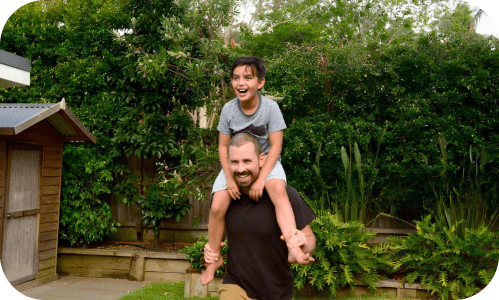NZ’s new relocation support programme helps beneficiaries move for work - here's how this government initiative positively impacts businesses.
Published 20 June 2024 | 3 min read
In today's fast-paced world, Kiwi parents often find themselves juggling work and family responsibilities, especially when their children fall ill. According to a recent report by Frog Recruitment, a significant number of working parents in New Zealand are choosing to use their sick leave to care for their unwell children instead of opting to work from home. This trend raises important questions and concerns for businesses, especially in light of the recent changes in sick leave entitlements.

